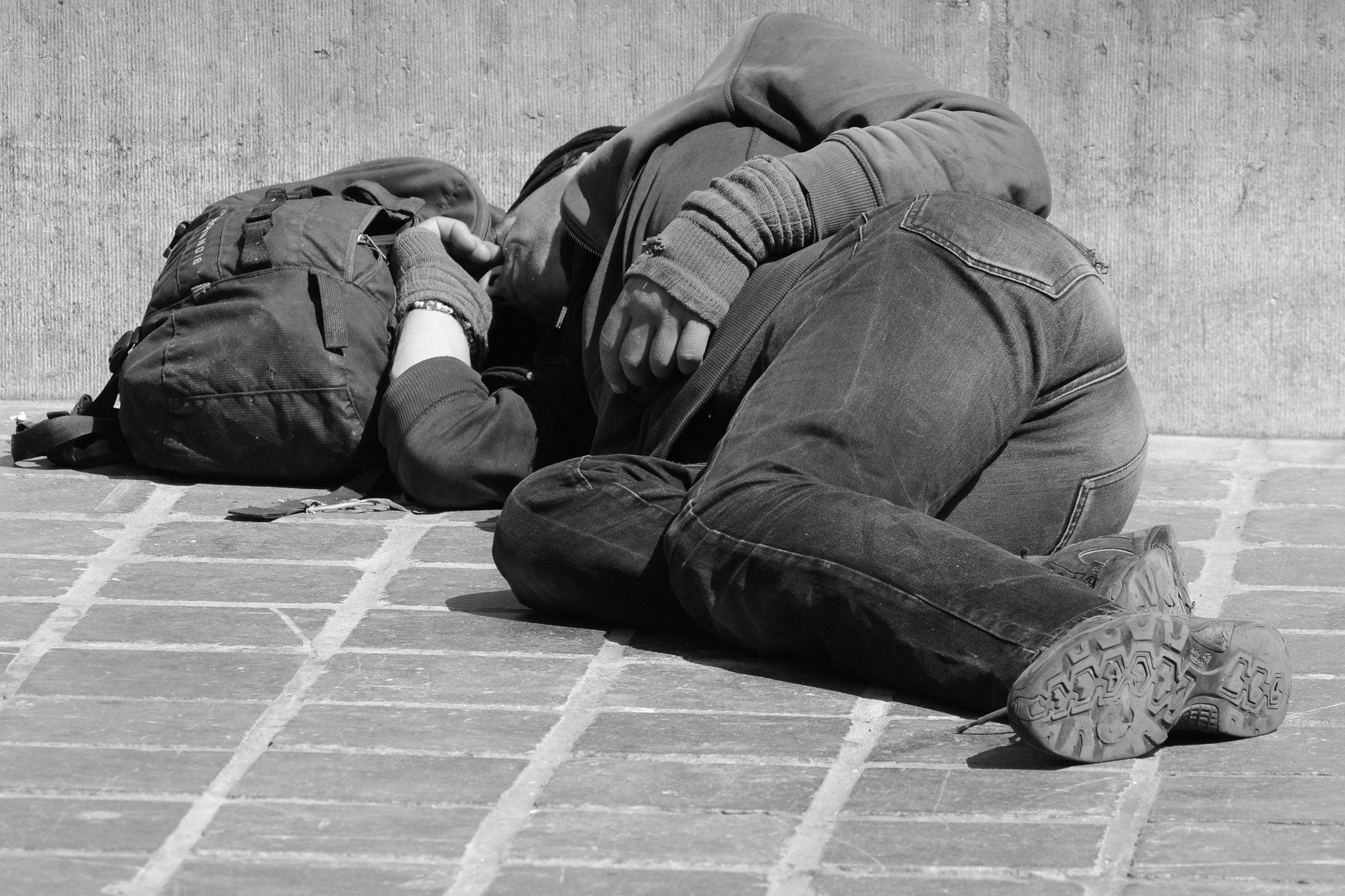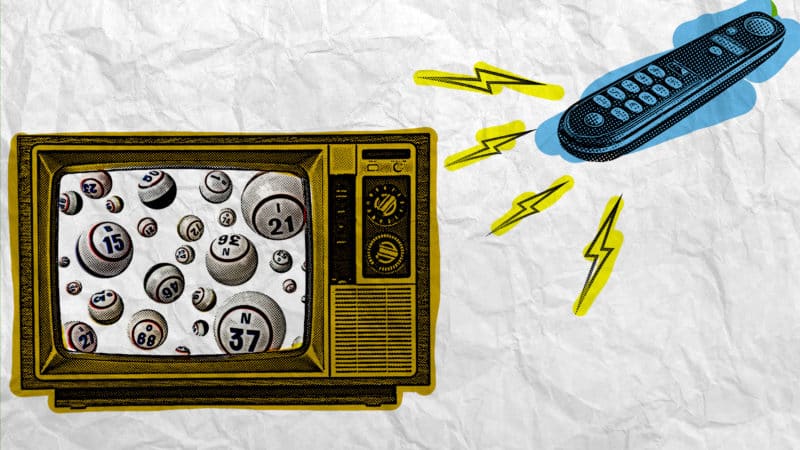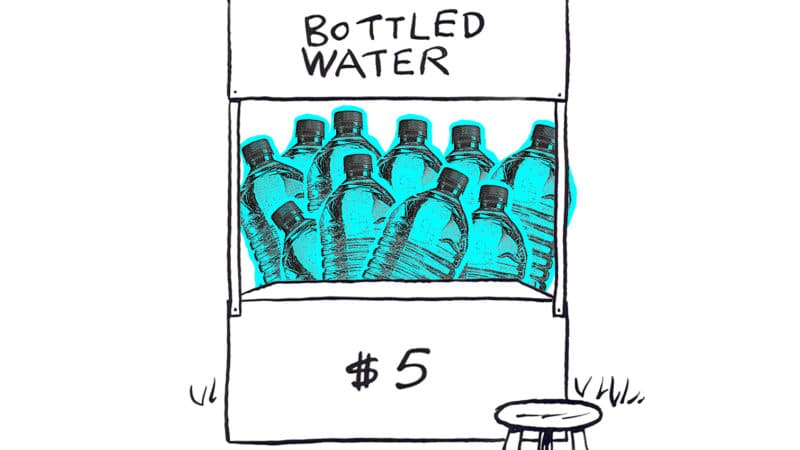By Andrew Fraieli
Homelessness is not a choice. People do not choose or generally plan, to lose their home or source of income. People do not choose to rely on public property as a place to sleep at night, they do not choose to have the sidewalk as their living room and the park as a restroom. What people do choose is to make laws making this illegal, laws that force homeless people into a corner and give cause for them to be repeatedly arrested when they have no options.
In San Francisco an ordinance was passed in 2010 that made it is illegal to sit or lay on the sidewalk between 7 A.M. and 11 P.M. A year later, a report was published by the San Francisco Board of Supervisors that of the 152 citations recorded, the most of any station, “90 percent … issued were to repeat violators of the law, and more than half were issued to just four individuals.”
The report continued saying, “Repeatedly fining and arresting this handful of individuals, who are often chronically homeless and have significant health conditions, has not resulted in significant behavioral changes.” This is a law that repeatedly caused these people to be charged a fine and more blemishes to be put on their record, not to mention the mental strain and worry of being found and arrested when trying to sleep at night, with no seeable benefit from it.
Further in the report it states that of over 50 merchants surveyed in the Haight district, “58 percent said that the number of individuals sitting in front of their business has stayed the same or increased since the law passed.” Most of the endorsers of this law were merchant associations according to Ballotpedia, and a year later this law has done nothing but further criminalize people who have nowhere to go.
Previously, in Idaho though, there was an ordinance stating it was illegal to camp or sleep in parks or other public places, until six homeless people sued the city challenging the ordinance in 2009, according to The New York Times. Just recently on September 4th, a three-judge panel of the United States Court of Appeals for the Ninth Circuit released a 32-page opinion on the matter.
The panel states that to enforce a statute prohibiting the homeless from sleeping outside when they have no other means of shelter fell under the 8th Amendment clause of cruel and unusual punishment. They state as well, “The panel held that, as long as there is no option of sleeping indoors, the government cannot criminalize indigent, homeless people for sleeping outdoors, on public property, on the false premise they had a choice in the matter.”
The 9th circuit covers the west coast — including San Francisco, Arizona, Nevada, Idaho and Montana, so this opinion of the court will affect all laws in these states, helping to stop the criminalization of the homeless. Unfortunately, this still leaves many loopholes for the police and state to take advantage of, which the panel describe.
According to the opinion, the ordinance was amended in 2014 saying the homeless could not be arrested for sleeping on public property when there was no available shelter space. But, the panel tells how “individuals could still be turned away for reasons other than shelter capacity, such as for exceeding the shelter’s stay limits, or for failing to take part in a shelter’s mandatory religious programs.”
There is also the issue that police are only able to tell when a shelter is full when these shelters call the police to tell them, says the panel. One of the three shelters in Boise’s “internal policy is never to turn any person away because of a lack of space” therefore it has never reported full. Since not all shelters are full, legally, “Boise police continue to issue citations regularly under both ordinances.”
In the end it was a strong step forward but still with enough holes that almost nothing has changed. The panel’s opinion will affect other laws in other states though — whether it will affect San Francisco’s 7 A.M to 11 P.M ban is still not decided — and hopefully have a stronger effect.
Loopholes used against the homeless is enough of an issue when its an ordinance itself that police are getting around. When the ordinance has nothing to do with the homeless and is used as a way to harass or arrest them it is even worse as well as more difficult to challenge.
A strong example being that in Florida — as well as Rhode Island, New York, Pennsylvania and others with varying punishments — it illegal to possess “any shopping cart, laundry cart, dairy case, egg basket, poultry box, or bakery container with a registered name…” for fear of imprisonment up to a year.
This sounds ridiculous because it is.
The law states that whoever possesses one of these items “shall be presumed to be in possession of stolen property.” It implies that there is no way someone would have a milk crate unless they stole it, and that somehow this warrants being put in jail.
It is ridiculous enough of a law that if a police officer didn’t arrest someone for the issue no one would notice or care, but it still exists, and they can acknowledge it when convenient. It can be used to discriminate, detain, and harass, as has happened in Miami, Florida.
“Punishing people for sitting on a milk crate is just another way Miami is criminalizing homelessness,” Jackie Azis, staff attorney at the ACLU of Florida told Miami New Times. It was in reference to the multiple homeless people the Miami New Times interviewed who had been put in jail for just that.
“It appears the city is still using laws to harass homeless individuals in an effort to remove them from sight,” Azis continued. The punishment and enforcement of this law is more of the issue than the law itself as protecting private property is, of course, not horrible, but the vagueness of the law allows these harassing situations to arise.
Between the laws in San Francisco that exist purely to superficially remove the homeless without actually solving any problems, to the many milk crate laws around the country that give police the ability to repeatedly harass the homeless, the criminalization of the homeless is rampant.
If more time and money was spent trying to solve the problem of homelessness rather than use police forces’ time and taxpayers money to try and be rid of homeless people, something might actually change.



